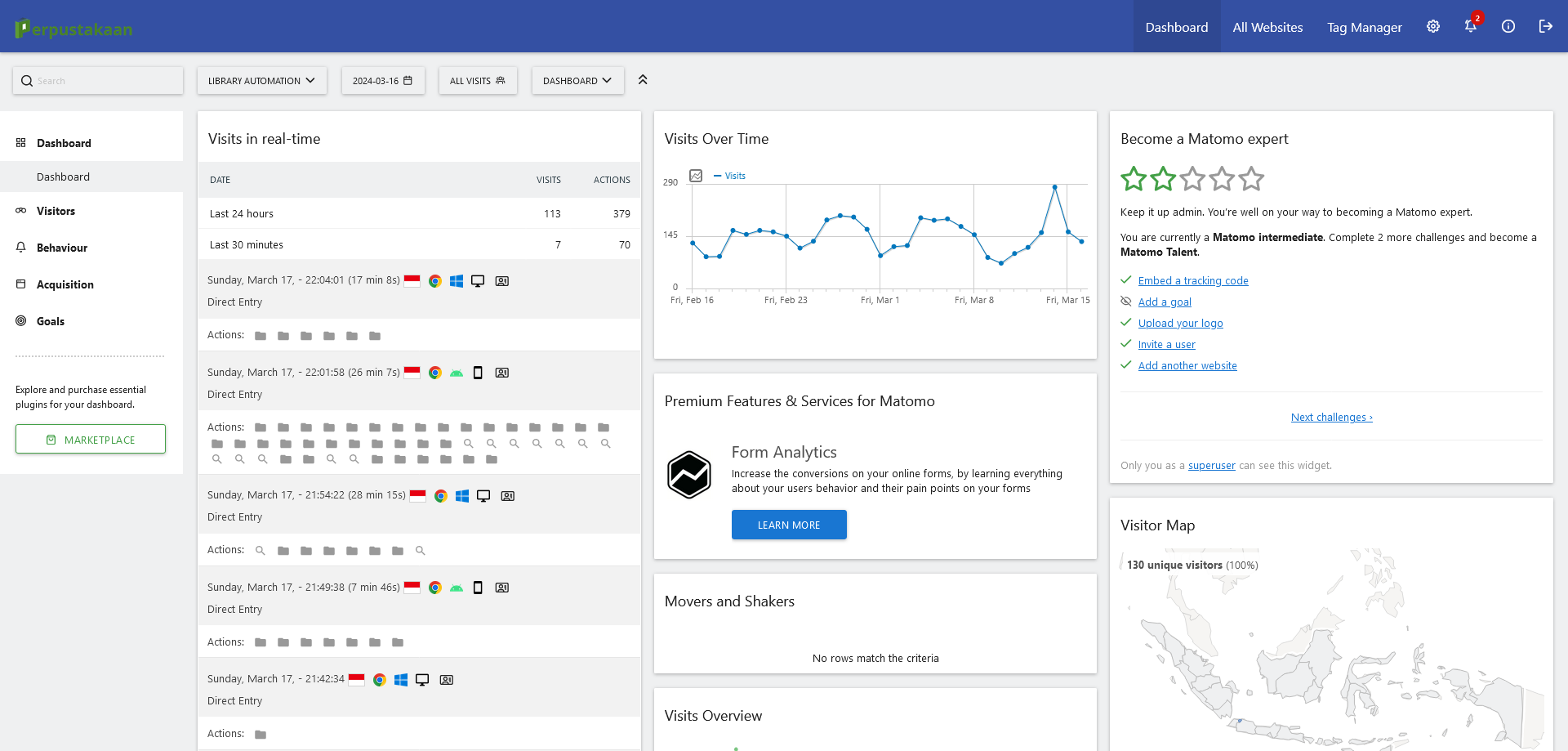Collection Details

Decolonisation of e-government research and practice:exploring contextual issues and opportunities in Africa
Bwalya, Kelvin J. - Nama Orang
With the rapid increase in the implementation of e-Government in Africa and across the world, the need to investigate the key bottlenecks (issues) caused by the failure of a large number of e-Government projects cannot be ignored. The main purpose of this book is to contribute to the current scholarly and intellectual discourse on different aspects of e-Government such as understanding the critical issues in design, implementation and monitoring. This book specifically intends to bring out contextual issues that hugely impact on the probability for e-Government failure or success. It also differentiates itself by carefully exploring the issue of context-awareness (informed by the local context) for e-Government design and implementation, which has not been pursued in any publication in e-Government before, although it has been used in other information computational contexts. Therefore, the many theses within this book are concerned with e-Government design approaches, implementation policies and requirements, and monitoring dimensions need to be informed by the contextual characteristics in which they are implemented. This book contributes to the body of knowledge by presenting an in-depth analysis of a case of e-Government implementation. Therefore, this book has its facts backed by intermittent reference to an empirical study done in Zambia to accentuate issues in design, adoption, usage and monitoring of e-Government projects. The case articulates the methodological issues in the design and measurement of e-Government. The use of a combination of structural equation modelling (SEM), exploratory factor analysis (EFA) and advanced techniques such as principal component analysis (PCA) in investigating different aspects of e-Government in a developing country context has not been done in any previous research. The novel methodological nuances articulated in this book can go a long way toward understanding the factors explaining successful implementation of e-Government. Previous publications have used basic statistical approaches devoid of adequate scientific or statistical rigour such as descriptive statistics to arrive at factors influencing the success or failure of e-Government. Furthermore, this book contributes to the body of knowledge by emphasising the different dimensions and issues of the multidimensional perspectives of e-Government. The book explores tangible pointers for design and implementation of e-Government, giving it the thrust to potentially guide actual implementation of e-Government in African setups.
Additional Information
- Penerbit
- Durbanville : AOSIS (2018)
- GMD ( General Material Designation )
- Electronic Resource
- No. Panggil
-
351.02854678BWAd
- ISBN/ISSN9781928396772




